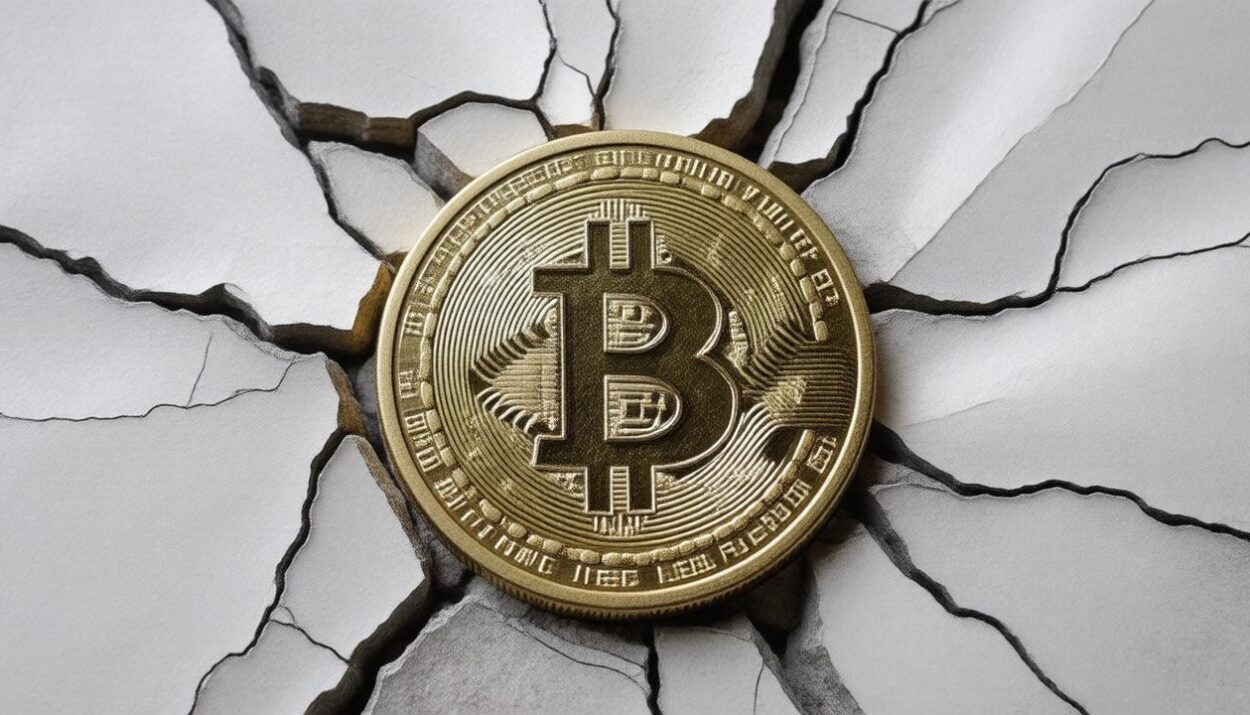El Salvador’s Bitcoin Experiment: A Cautionary Tale
El Salvador, the first country to adopt Bitcoin as legal tender in 2021, has reversed its decision after pressure from the International Monetary Fund (IMF). This reversal marks the end of a nearly four-year crypto experiment that yielded mostly negative results.
The Curious Case of El Salvador
In 2021, El Salvador’s government made Bitcoin legal tender, requiring merchants to accept it and allowing the government to collect payments in Bitcoin. The Chivo wallet, a government-backed mobile app, was launched to facilitate transactions. However, the law did not replace the US dollar, which remained the country’s primary currency.
Despite President Nayib Bukele’s efforts to promote Bitcoin, the law was met with resistance from the public. Polls showed that only 15% of the population trusted Bitcoin, and 70% opposed its adoption. Protests erupted in the streets, and the financial community criticized the legislation’s flaws.
The Results of the El Salvador Bitcoin Experiment
The nearly four-year period during which Bitcoin was legal tender in El Salvador has yielded mostly negative results. While the 2021 Bitcoin adoption helped expose more people to cryptocurrencies, the broader impact has been largely negative. Bitcoin failed to serve as a hedge against inflation, and its extreme volatility and technical difficulties with the Chivo wallet led to limited use.
Some key outcomes of the experiment include:
- A boom in tourism, with a 20% increase in tourist arrivals in 2024 compared to 2023.
- Bitcoin’s failure to significantly improve financial inclusion, with 92% of Salvadorans not using Bitcoin for transactions by 2024.
- Minimal impact on cross-border payments, with only 1.3% of remittances made using Bitcoin in 2023.
How Did the El Salvador Bitcoin Experiment End?
Since 2022, the IMF has urged El Salvador to amend its Bitcoin law. In January 2025, the Salvadoran Congress agreed to revise the law in exchange for a $1.4 billion loan from the IMF. The loan agreement stipulates that public sector engagement in Bitcoin-related activities will be limited, and businesses will have the right to refuse Bitcoin payments.
While Bitcoin will remain legal for trade among Salvadorans, it will no longer be accepted for taxes or other government payments. The new legislative reform addresses concerns about Bitcoin’s volatility and the public’s limited understanding of digital currencies.
El Salvador’s government appears to maintain its pro-crypto stance, having purchased 12 BTC through two separate transactions in February 2025.
The IMF loan will be disbursed over a period of 40 months, potentially leading to a long-term decline in Bitcoin’s role in the country.
For more news on the cryptocurrency market and its developments, visit Global Crypto News.























